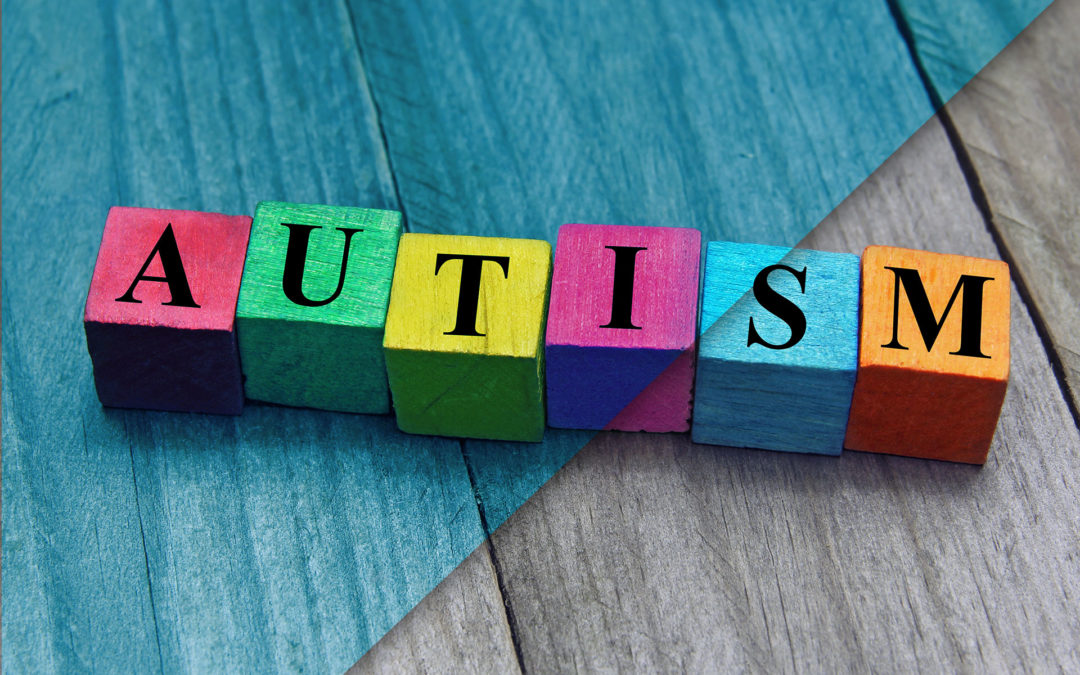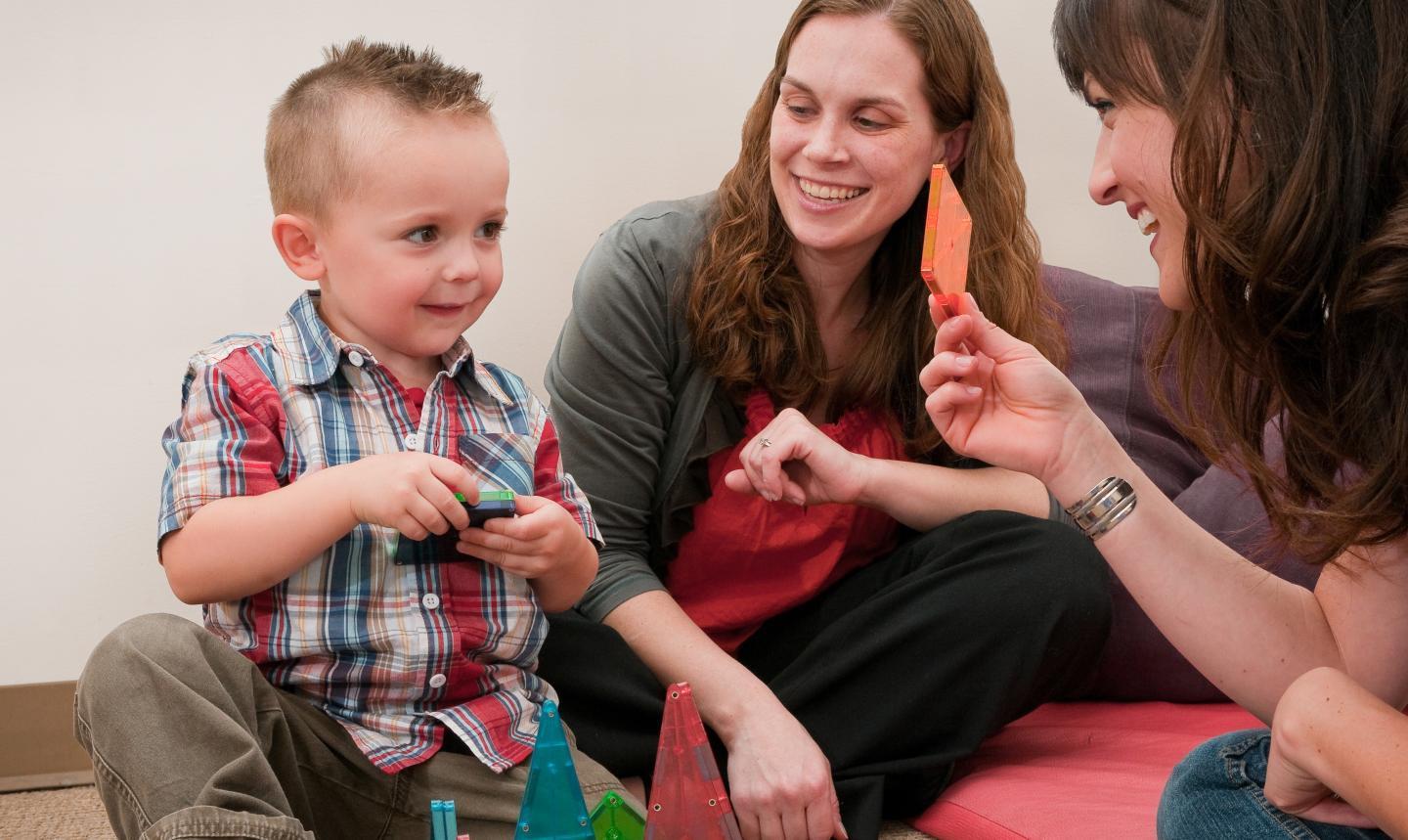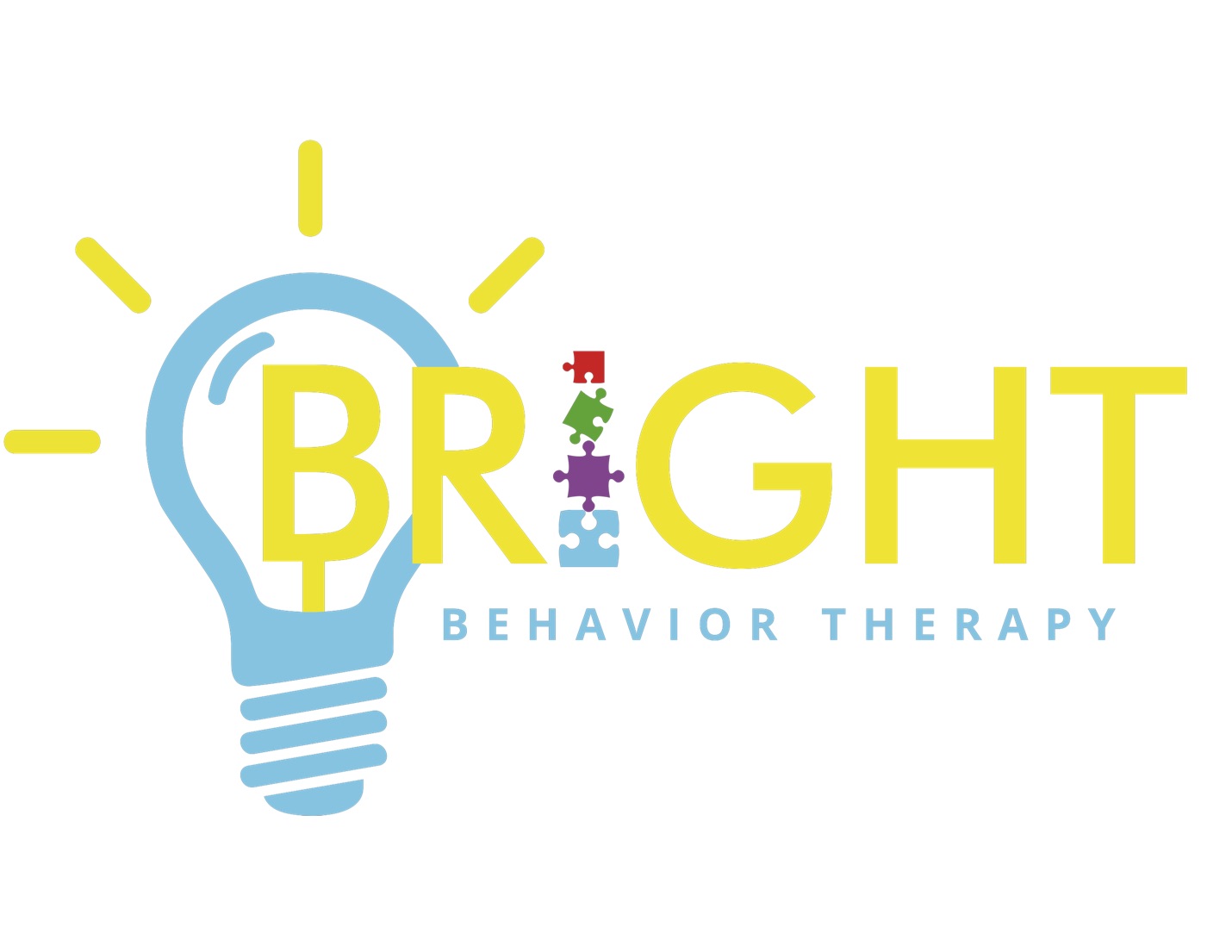
What Are The Symptoms Of Autism?
In this month’s blog post, we will explore the most common symptoms of autism and how they affect daily life. Whether you’re a parent who suspects their child may have ASD or just curious about the topic, this article will provide valuable insights into how to recognize the signs of this disorder.
The Symptoms Of Autism
The most obvious symptoms of autism are impaired social interaction and communication. This can manifest itself in a number of ways, such as an inability to make eye contact, difficulty understanding and responding to emotions, and problems with back-and-forth conversations.
Other common symptoms include repetitive behaviors (such as lining up toys or twirling), restricted interests (obsessively fixating on one subject or activity), and sensory sensitivities (over- or under-reacting to stimuli such as sounds, tastes, smells, or textures).
There is no one definitive answer to this question as each individual with autism spectrum disorder (ASD) will present with unique symptoms. However, there are some general guidelines that medical professionals use when diagnosing ASD.
First, practitioners will often ask questions about the individual’s developmental history and whether there were any early signs or red flags that might have indicated a problem. It’s important to note that not all individuals with ASD will exhibit all of the common symptoms; in fact, many people with ASD only display a few.
Next, medical professionals will usually administer one or more standardized tests that assess social interaction, communication skills, and repetitive behaviors. These tests can help identify which individuals are likely to meet the criteria for an ASD diagnosis.
Finally, practitioners may also recommend additional testing (e.g., genetic testing, neurological imaging) to rule out other possible causes of the individual’s symptoms (e.g., Fragile X syndrome).
It’s important to remember that there is no single “autism test”— rather, diagnosis is based on a comprehensive evaluation that takes into account multiple factors. If you suspect your child might have ASD, it’s important to consult with a qualified professional who can provide an accurate diagnosis.
What Causes Autism?
There is no one cause of autism. It is likely that there are many causes. Some research suggests that autism may be caused by a combination of genetic and environmental factors.
For example, exposure to certain toxins or infections during pregnancy may increase the risk of autism in children. Additionally, some researchers believe that certain genes may make individuals more susceptible to developing autism.
However, more research is needed to determine the specific causes of autism.
Is There A Cure For Autism?
There is no “cure” for autism. However, we don’t think of autism as something that needs curing, rather, behaviors that are desirable and behaviors that are undesirable. It’s important to remember that people who have “special needs” also have special gifts to offer our communities, our families, and the world too.
There are treatments available that can help lessen the undesirable behaviors associated with autism and encourage desirable behaviors. These treatments allow people with autism to lead happy, fulfilling lives.
The most successful treatment backed by science is ABA therapy, or Applied Behavioral Analysis Therapy, which is what we use here at Bright Behavior. It’s also important to get people into treatment as early as possible, as earlier treatment generally means better outcomes overall.
How Can People With Autism Lead Fulfilling Lives?
There is no one answer to this question as each person with autism is unique and will therefore have different needs and preferences. However, there are some general things that can be done to help people with autism lead fulfilling lives.
One important thing is to provide support and assistance with communication. Many people with autism have difficulty communicating, so it is important to find ways to help them express themselves. This may involve using alternative forms of communication such as sign language or picture boards.
It is also important to provide structure and routine in the lives of people with autism. Many people with autism thrive on routine and find it difficult to cope with change. Having a set daily routine can help reduce anxiety and make life more predictable and manageable for people with autism.
Finally, it is important to create an accepting and inclusive environment for people with autism. This means making sure that they feel included in social activities and that their individual needs are respected. It can also involve providing access to specialist services and support groups specifically for people with autism.
Get Compassionate And High-Quality Autism Care In Michigan
Autism is a complex neurological disorder that can affect people of all ages and genders. Though each person with autism experiences it uniquely, certain symptoms are commonly associated with the condition.
Knowing these signs may help you identify if someone has autism or not and also provide information to direct them towards necessary health professionals for diagnosis and treatment. It is important to remember that autistic individuals are still capable of experiencing joy, forming meaningful relationships, pursuing education, contributing to society in meaningful ways, living full lives— they just need the right support in order to do so.
If you’re looking for that support in Michigan, please call us at Bright Behavior Therapy at (313) 694-7700 for a free consultation.

What Do I Do If I’m On a Very Long Waitlist For an Autism Evaluation?
You don’t have to wait to receive services! Insurance companies know the importance of receiving therapy at an early age which is why they offer Bridge coverage.
Bridge coverage for ABA therapy refers to temporary coverage of Applied Behavior Analysis (ABA) therapy services provided to a child with autism by a health plan or insurer during a transition period when the child’s ABA therapy provider is changing or if they are waiting for a full autism evaluation to be completed. In order for the services to be covered the client needs to have an ADOS assessment completed by a psychologist.
ADOS stands for Autism Diagnostic Observation Schedule. It is a standardized assessment tool used by healthcare professionals to evaluate individuals for autism spectrum disorder (ASD). The ADOS is considered the gold standard for diagnosing ASD and is designed to observe and record behaviors that are characteristic of the disorder.
The ADOS is a semi-structured assessment that typically takes 60 to 90 minutes to complete. It involves a series of activities and tasks that are designed to elicit certain behaviors that are commonly seen in individuals with ASD, such as social communication difficulties, restricted and repetitive behaviors, and sensory issues. The assessment is conducted by a trained professional, such as a psychologist or psychiatrist, and involves direct interaction with the individual being evaluated.
The ADOS is just one component of a comprehensive autism evaluation and is often used in conjunction with other assessments, such as developmental and medical evaluations, behavioral observations, and interviews with parents and caregivers. The results of the ADOS, along with the other components of the evaluation, are used to determine whether an individual meets the criteria for an ASD diagnosis.
Bridge coverage may vary depending on the specific health plan or insurer and the circumstances of the transition period. It is important to check with the health plan or insurer to understand the details of their bridge coverage policy for ABA therapy services.
Here are some autism evaluation centers near Dearborn, Michigan that you may find helpful:
- The University of Michigan Autism and Communication Disorders Center – Ann Arbor, MI (about 30 minutes from Dearborn)
- The Beaumont Children’s Center for Human Development – Southfield, MI (about 20 minutes from Dearborn)
- The Henry Ford Health System Autism and Developmental Disabilities Clinic – Detroit, MI (about 15 minutes from Dearborn)
- The Michigan Medicine Autism Assessment Clinic – Ann Arbor, MI (about 30 minutes from Dearborn)
- The Center for Autism Research, Evaluation, and Service (CARES) – Canton, MI (about 25 minutes from Dearborn)
